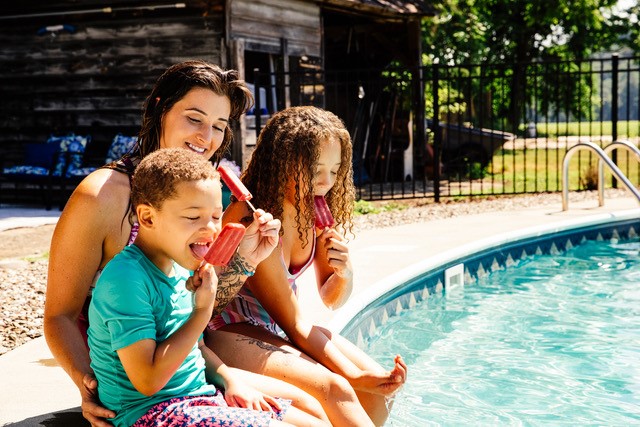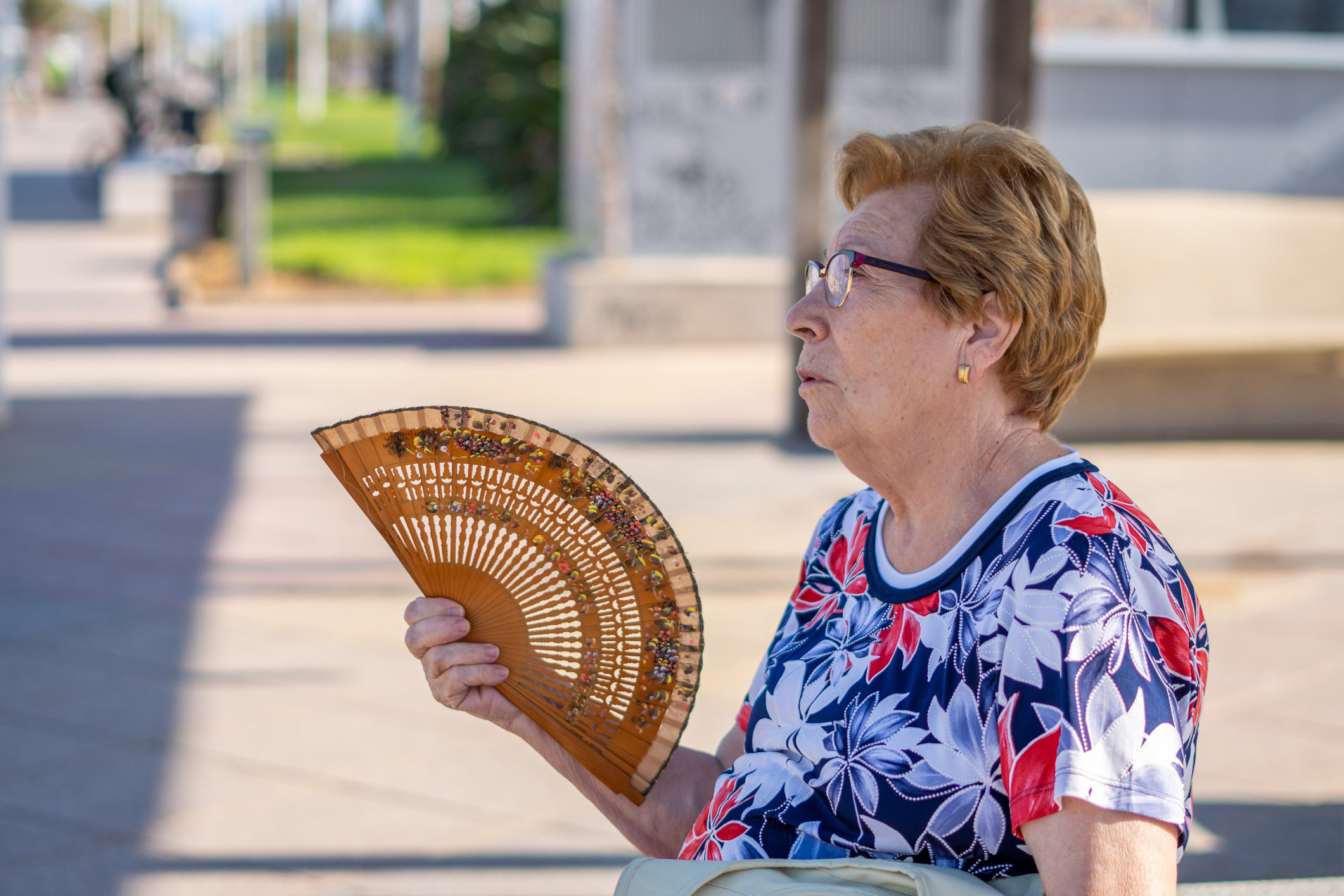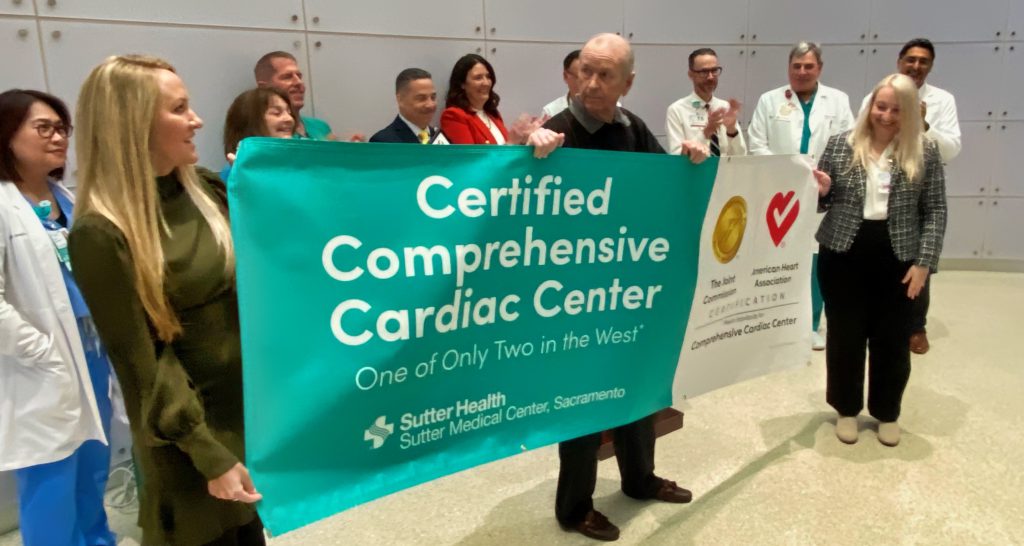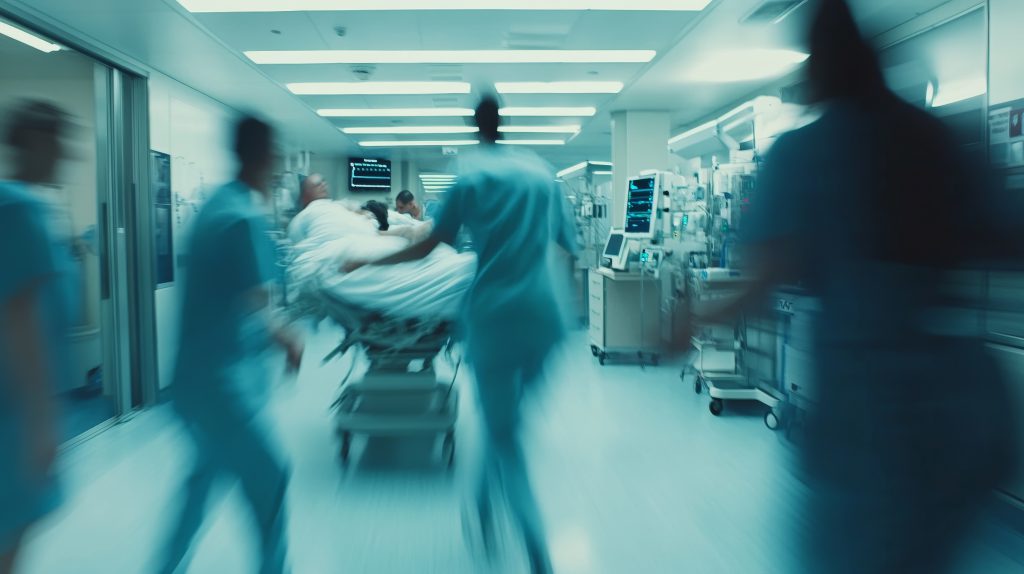With families getting out in excessive heat after an unseasonably mild start to the summer, emergency services physicians are expecting to see people suffering from heat illnesses. The immediate treatment is the same for each, but if you have heat stroke, doctors want you come to the emergency room.
Doctors say there is a continuum of heat illnesses that progressively worsen if you don’t get out of the sun and drink the right fluids.

Dr. Arthur Jey
Dr. Arthur Jey is an emergency physician with Sutter Medical Center, Sacramento, and Sutter Roseville Medical Center, two of the largest medical centers that are in the heat zone of California’s Central Valley. Their emergency departments are prepared for patients with heat illnesses during the summer’s hottest days.
Dr. Jey says there are three main illnesses the can worsen gradually when it comes to heat:
- Heat cramps can occur when you’ve been active, exercising, sweating, and you start to feel your muscles cramping.
- Heat exhaustion is when “you feel you have been up all night and you are truly exhausted. You may not be able to catch your breath. You also have sweated an excessive amount, more than it feels like is natural.”
- The last phase is heat stroke. “You hear the word stroke and we all get scared, so that’s probably why it was named that,” says Dr. Jey. “Heat stroke is when you get confused. You start thinking funny things, or being dizzy or truly light-headed. As a result, that can be a really dangerous thing.” People may also stop sweating when it’s extremely hot and they can’t regulate their temperature.
For all three heat illnesses, the immediate treatment is the same: “Get out of the heat, hydrate, get calm, maybe lie down, drink some electrolyte water,” Dr. Jey says. “But with stoke, are the folks we really want to see in the emergency department.”
Dr. Vanessa Walker speaks on the impact of heat on our hearts. Segment on CBS-13.
Be Careful: Heat and Alcohol Don’t Mix
During the summer months, Dr. Jey understands that many like to celebrate with backyard get-togethers and outdoor activities that include beer and other alcoholic beverages. But he offers precautions about drinking when temperatures are hot: “Moderation is key,” he says. “Make sure to drink plenty of other liquids, too. Water, sports drinks with electrolytes, or electrolyte powder mixed with water.”
He adds that it can be difficult to tell if someone is having a heat stroke or if they’ve just had too much to drink.
“If someone is acting unusual, they’re unsteady, or they’re unresponsive, those are usually signs of heat stroke. These can also be signs that someone has had too much to drink,” Dr. Jey says. “Many times people arrive at the ER and insist they’re just drunk when they really have heat stroke. It’s important to have them checked out by our emergency staff.”
Even though heat stroke symptoms can mirror drunkenness, excessive drinking can also lead to heat stroke, Dr. Jey says.
“When drinking alcohol, you’re going to pee more, which means you’re going to lose some of that hydration you need,” Dr. Jey says. “You’re also going to forget to drink water, you’re going to forget to get yourself inside and out of the heat every 45 minutes or so, and you may forget to wear a hat. All these things are what can help prevent heat stroke.”
Take a Dip, Then Take a Rest
High temp days naturally draw people to swimming pools and waterways. Dr. Ronn Berrol, an emergency physician at Alta Bates Summit Medical Center Emergency Department in Oakland, stresses that both children and adults should keep their swim activities to 45 minutes or less at a time, taking a 15-minute break to drink water, relax and get out of the sun. For more on how to keep your kids safe in the water, visit here.

Doctors urge to not overdo it in the pool during a heatwave.
And, with rivers running dangerously fast and lakes colder than usual this summer as a result of the heavy winter snowfall, swimming in waterways, especially coupled with drinking, can be a recipe for disaster.
Drs. Berrol and Jey also urge people to be extra vigilant during heat waves the last three or four days.
“The continual assaults play on your ability to regulate your temperature and stay cool,” Dr. Berrol says. “Sometimes it’s like day three, and suddenly we start seeing a lot of people come in with incredibly high body temperatures that you don’t see any other time of the year.”
“We’d like people to err on the side of caution if they feel that they are feeling ill related to too much heat,” Dr. Berrol says. “We’d rather they come in early and have it be a false alarm, because that’s when you have the opportunity to treat, the earlier someone comes in.”





